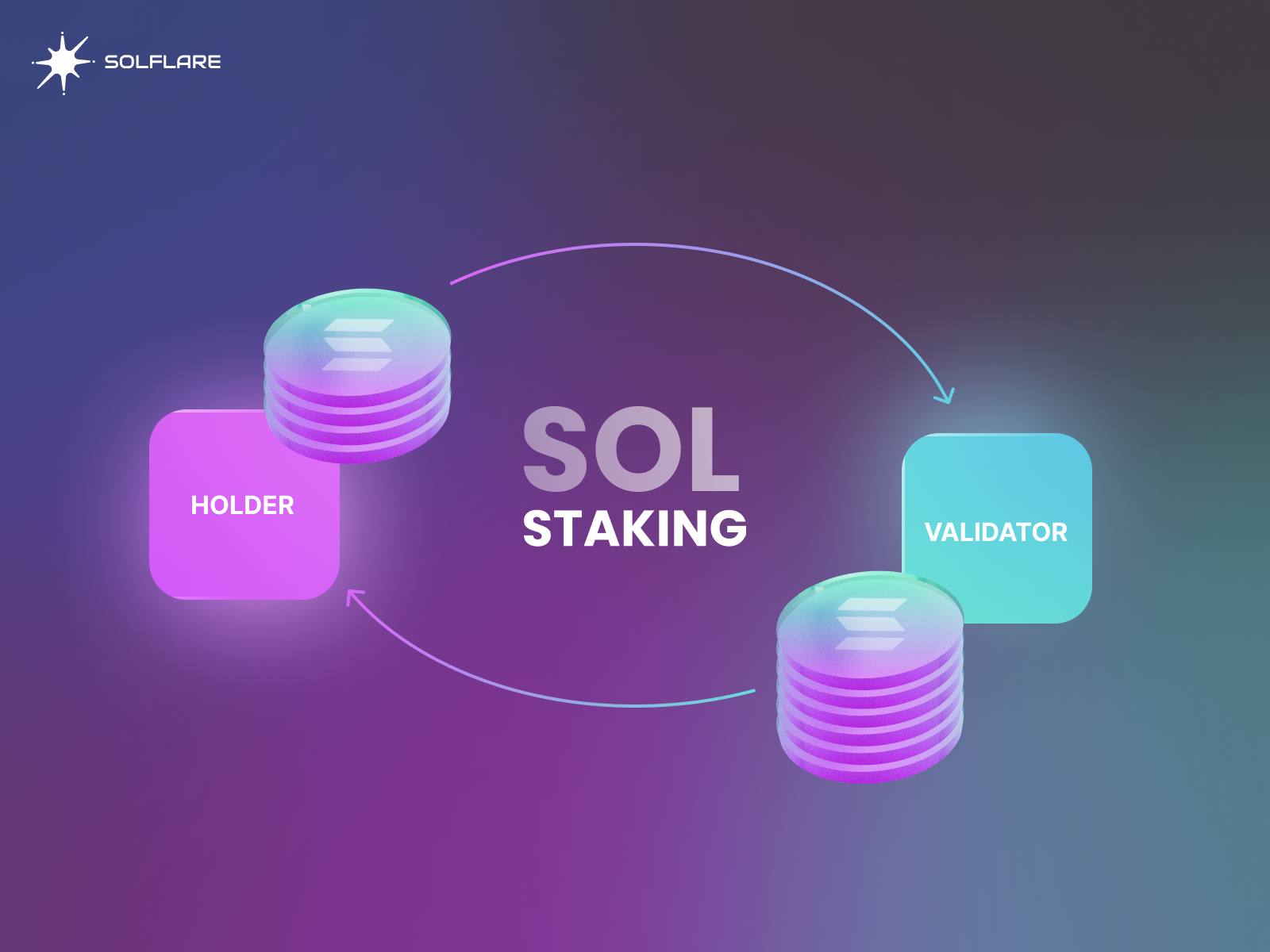What are Non-Custodial Wallets?

Crypto wallets come in all sorts of shapes and sizes.
Non-custodial wallets give you, and only you, control over your private keys. A private key is a secret code that your wallet uses to verify cryptocurrency transactions you send from your wallet. These keys are governed by mathematical functions that prove the funds are yours and that no one else has access to or can recover them.
When you open and fund an account on a centralized exchange, you create a custodial wallet and trust that the exchange will grant you access to your funds as they are in custody of your keys. As we’ve seen time and again – with even the biggest, most regulated centralized exchanges (Coinbase, Binance, Gemini, Voyager, Robinhood) – when the volatility picks up, users are often unable to place any trades.
Storing funds on an exchange can also be hazardous because exchange wallets have massive tokens under their custody. They become targets for bad actors. Mt. Gox and Quadriga are two notorious examples of avoidable exchange hacks. In each case, most users with exchange wallets lost their funds.
These events, among others, are where the phrase, ‘not your keys, not your coins’ comes from.
This destabilizes the entire centralized crypto ecosystem and the legacy financial system because users lose trust in the intermediaries they have to deal with. Trust is the backbone of centralized finance: cue, decentralized finance (DeFi), and permissionless systems.
Non-custodial wallets give you, and only you, control over your private keys. These keys are governed by mathematical functions that prove the funds are yours and that no one else has access to or can recover them.
Rather than trust the exchange to grant you access to your property, you can self-custody your tokens in a non-custodial digital wallet like Solflare. With self-custody, you rely on the security enabled by the modern cryptography that makes your digital wallet possible, rather than a third-party exchange or custodian.
With great power comes great responsibility.
The primary risk to self-custody is losing your login information which would make your digital assets unrecoverable. You can change your password with your mnemonic phrase, but if you forget your mnemonic phrase and your password, you won’t be able to log in again. Being organized early on can save you millions.
This is why storing your wallet passwords, and mnemonic phrases in secure, recoverable locations is imperative. The best practices are to physically write them down and keep them in encrypted documents on your device – not a cloud-based storage system that can be hacked.
There are estimated to be well over 3 million Bitcoins that are unrecoverable – about 20% of the current supply, equating to over $200 billion at current prices. This number may be inflated as it could represent long-term holders, but many suspect most of these dormant funds will be lost forever. Only time will tell exactly how many Bitcoins have been lost or forgotten.
While all of this is unfortunate, the benefits of self-custody greatly outweigh the self-imposed risk of forgetting a password and mnemonic phrase. For the first time in history, you can be entirely in control of your finances and participate in global peer-to-peer transactions at any hour of the day without permission from a centralized intermediary.
Remittances
The most straightforward argument for self-custody is found in the remittance industry. This is also an argument for crypto, but it wouldn’t be possible without non-custodial wallets.
Studies have shown that migrant workers in first-world countries spend up to an entire month’s worth of wages to send remittances back home to their families.
Low and middle-income country remittances amounted to $466 billion in 2017. Globally, fees averaged 7.45%, or $34.7 billion. 7.45% equates to over 27 days of a worker’s annual income. To put the absolute dollar value of these fees into perspective, the US’s non-military foreign aid budget was $34 billion in 2017. Crypto fixes this.
Through non-custodial wallets, users can seamlessly send capital over decentralized networks while paying next to no fees – as long as they’re not using Ethereum.
Transacting over Solana is frictionless and typically costs 0.000005 SOL or about $0.001 in transaction fees. Solana and other low-fee blockchains can dismantle the Remittance Service Provider (RSP) industry which is heavily reliant on banks, who, in 2017, charged an average of 11.18% in remittance fees.
Conclusion
Non-custodial wallets like Solflare enable a level of freedom that has not existed before. You are always controlling your capital while it’s in your wallet.
Without permission, you can transact with any other wallet anytime in any compatible cryptocurrency. You also have instantaneous access to the wonderful world of DeFi, where you can pseudonymously participate in cutting-edge financial services and NFT and DAO platforms that you otherwise would not have access to.
In the same way that bank accounts became safer than holding cash, self-custodying crypto is safer than using a bank – when done correctly.
Store those passwords and mnemonic phrases in secure places.
